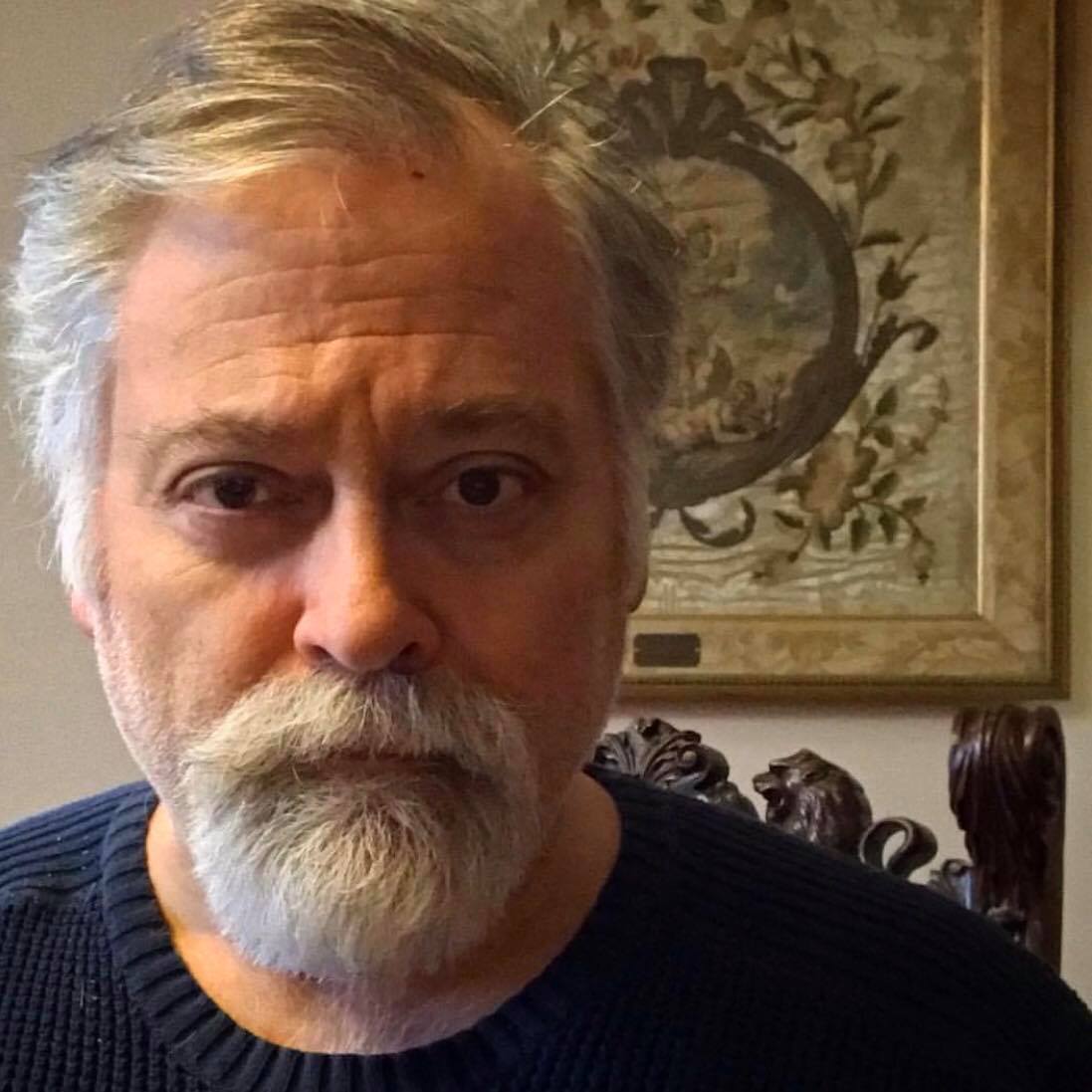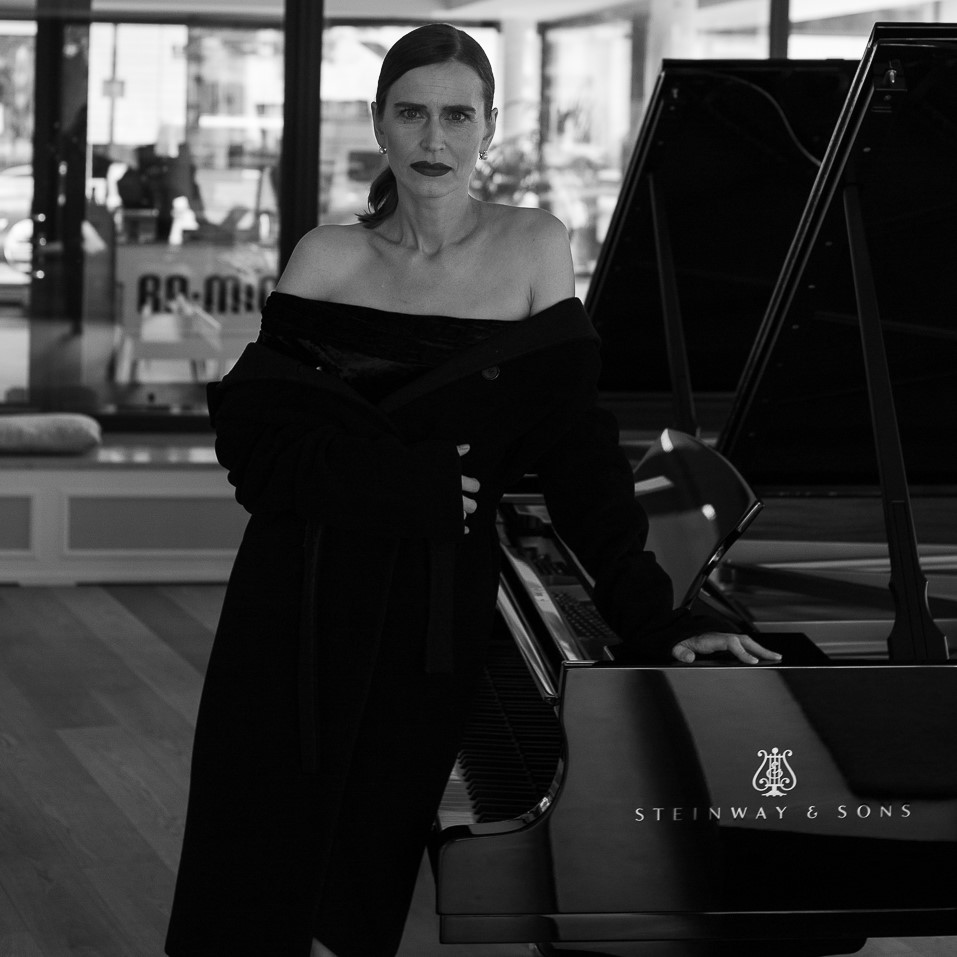Great to have you back!

1
Videos
About
“A composer born to write operas” (Chicago Tribune) possessed of an “infinitely fertile imagination” (Fanfare Magazine) whose music is “dazzling, unsettling, exuberant, and heroic” (The New Yorker), “Hagen’s music represents a considerable artistic achievement of uncompromising seriousness” (Times Literary Supplement).
Sheets
Interview
Moving Classics and Daron Hagen in conversation. Q: What does music mean to you personally? A: Music is a way of life, a calling, an avenue “in” to life the way that the “McGuffin” functions in a play—as an object or device that serves as a trigger for the plot. Q: Do you agree that music is all about fantasy? A: This is an interesting question. Music in itself is an abstract art, which I take to mean that, technically, it “means” nothing. Yet it functions in the world of emotions and dreams, so I agree that—in my case, at least—fantasy plays a role in that I “dream” up progressions of emotional and psychological states in music that I feel evokes those states. Q: If you were not a professional musician, what would you have been. A: Without a doubt I would have become a Lutheran minister. Q: The classical music is getting old, are you worried about the future? A: I worry about politics, not art. Art abides and nurtures always; politics is fickle. Art has always taken care of itself. Great Art is timeless. Q: What do you envision the role of music to be in the 21st century? Do you see that there is a transformation of this role? A: Inasmuch as “music”—however one defines it—offers an avenue into the aesthetic, and not just an escape from reality, I don’t see its ultimate function as changing. Its modes of transmission are transforming in amazing and wonderful ways. Q: Do you think that the musician today needs to be more creative? What is the role of creativity in the musical process for you? A: A lifelong engagement with integrating Life and Art is a privilege and a passion. There is no way to quantify whether one has succeeded, so one has to focus on the creative process itself, not the “result.” Q: Do you think we as musicians can do something to attract the younger generation to music concerts? How would you do this? A: The younger generation listens to music all the time, passionately. Increasing the diversity of creative voices is crucial, welcoming every—and I mean that—sort of music into the whatever is currently called “the concert hall” can only be a blessing. Perhaps the idea of what constitutes a concert hall should be revisited. Q: Tell us about your creative process. What is your favorite piece (written by you) and how did you start working on it? A: I don’t have a favorite piece. But I am composing all the time—every waking minute and, when I can remember what I dreamed—when I am dreaming. It’s a reflexive activity, like breathing, and I couldn’t stop if I wanted to. For me, every piece starts not with a musical idea but a feeling; then notes materialize that at that moment capture a fraction of that evanescent feeling. Somehow, the pitches and rhythms or timbres seem imbued with a little of the original feeling—at least that is what I tell myself. And so on. Q: Can you give some advice for young people who want to discover classical music for themselves? A: Don’t let anyone else tell you what “classical music” is. Decide for yourself. And then double down on that. Q: Do you think about the audience when composing? A: Inasmuch as I am trying to have a dialogue with them, yes. Q: What projects are coming up? A: I am juggling three projects right now—editing the footage of my new opera film “9/10: Love Before the Fall,” sketching a new Electric Guitar Concerto for D.J. Sparr and a consortium of orchestras; and a 40-minute oratorio for soloists, chorus, and orchestra for premiere at Carnegie Hall in December 2023. Q: Do you experiment in your projects? A: I have always been stylistically restless and musically curious, with the result that it has probably been hard for presenters and publishers to commodify my catalogue. After four decades, I don’t see that changing.
Copyrights © 2019 Moving Classics TV All Rights Reserved.
